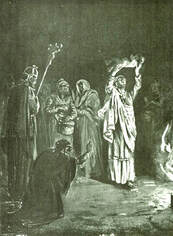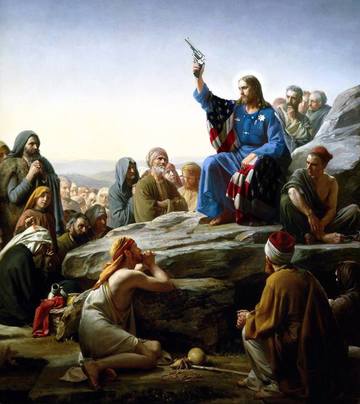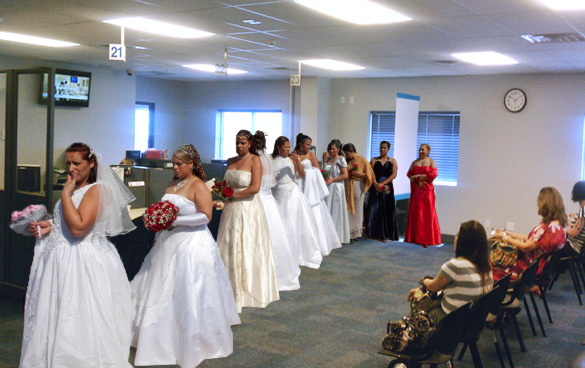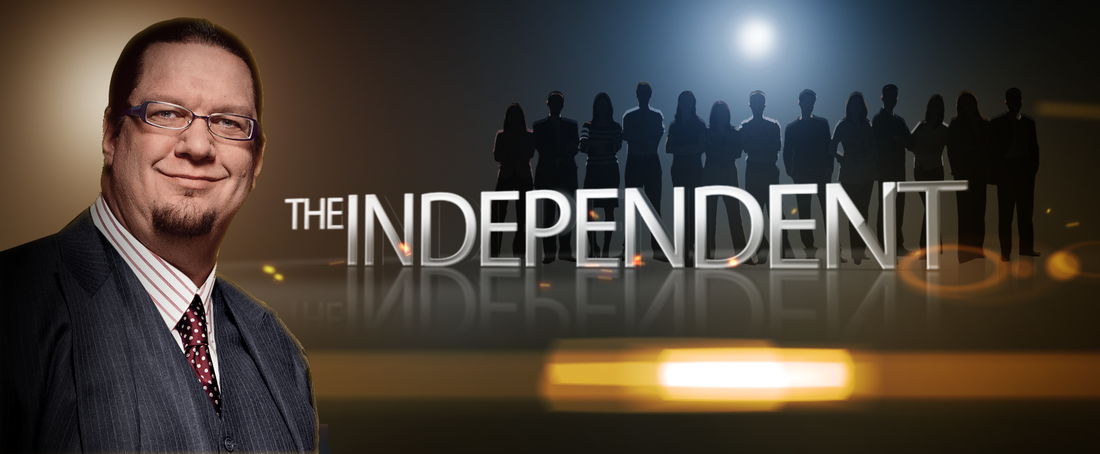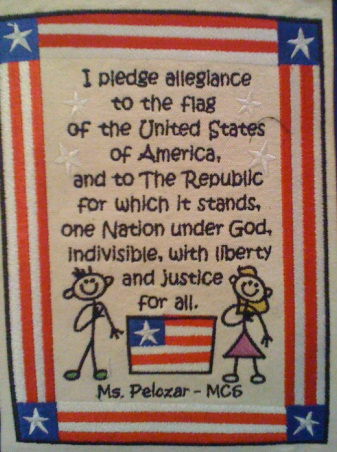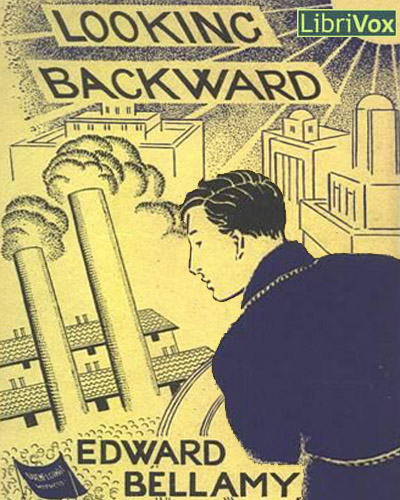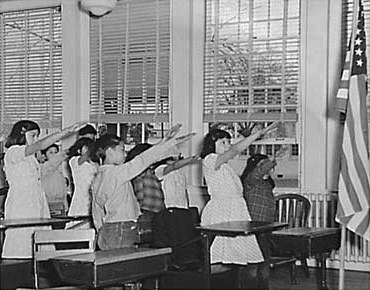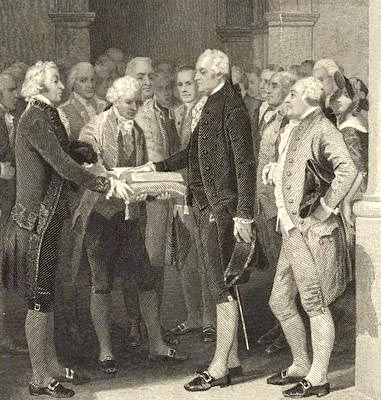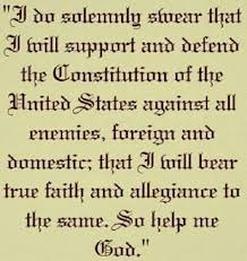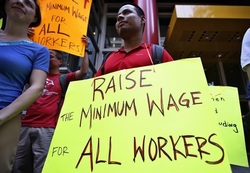
The homeschool movement has been growing rapidly over the last few years. But, especially in recent months, I've seen an encouraging new flood of parents making the courageous decision to bring their kids home from public school. A true revolution is upon us, and I can't think of a force more powerful for securing liberty for the future generation than this – parents reclaiming the responsibility to raise and educate their own children, grounding them in their own cherished values, and nurturing their children's unique spirits in the way that they can only know. That is the foundation of a free society. That gives me hope.
Ironically, though, in this moment of awakening, there is a sudden thrust, peculiarly without much resistance, for "school choice" legislation (school vouchers and Education Savings Accounts). There are many of my friends and associates, even within the freedom movement, who believe this initiative will act in support of this homeschool revolution. To be fair, my initial opinion was persuaded by the compelling arguments. A few, in particular:
- A universal basic education allowance for every child (though still tax-funded and socialistically distributed) would drastically improve the public education system by introducing an element of free-market competition in education – increasing quality.
- It would provide an unclaimed public service for private schooling and homeschooling taxpayers who are currently forced to pay taxes for an institution they revile and do not benefit from.
- Disempower the teacher's union lobby, which stands in the way of reforming an ancient and bloated school system that actually harms children.
But then, my economically wired imagination thinks a little further into that future, and has me ask, to what end? Is the goal to improve the quality of public schooling, or is it to end the state's involvement in the education of our children, altogether – to create a true free market in education?
The iconic economist, Milton Friedman, sometimes credited as the founding father of the school choice movement, said this about what the endgame should be:
"Vouchers are not an end in themselves; they are a means to make a transition from a government to a market system. The deterioration of our school system and the stratification arising out of the new industrial revolution have made privatization of education far more urgent and important than it was 40 years ago."
"No one can predict in advance the direction that a truly free-market educational system would take. We know from the experience of every other industry how imaginative competitive free enterprise can be, what new products and services can be introduced, how driven it is to satisfy the customers – that is what we need in education."
Clearly, the founding father of school choice believed in the eventual separation of school and state. But will school vouchers and education savings accounts really do this? Honestly, I'm gobsmacked that the great Milton Friedman could have been so short-sighted to not see what the consequence of subsidized private schooling would be. School choice will absolutely not dissolve the public's appetite for tax money for education. It will, most certainly, anchor the state's influence so deeply and widely into the private economy (and in our homes) that it might never be removable.
The Austrian economist and amateur comedian, Hans-Hermann Hoppe, brilliantly explained that competition in the market increases the efficiency in the production of goods, while competition in government will only be more efficient in producing "bads".
If it's not so obvious how this relates to School Choice, let me explain: Even though the slogan for school choice is "fund students, not institutions," students and parents will never be the primary customer as long as the money is flowing from political hands. The state and its special interest masters (whoever they may be) will be the customer.
Imagine if you, as a parent, were granted $10,000 per child each year. How would that money distort your incentives, choices, and lifestyle? Also, imagine how you'd be influenced as a school or business owner that provided educational goods and services if there was a new "privatized" industry with hundreds of billions of federal dollars flowing through it?
Certainly, there would be a rush to establish businesses to serve consumers with all sorts of innovative educational products and services. The most talented teachers, regardless of their government-issued certificates and degrees, would be appropriately elevated in notoriety, influence, and wealth. Schools would be able to pander to niche markets according to students' specific goals and value systems. All of this sounds extremely enticing, yes? But we've seen how this plays out in other industries that have been captured by the allure of a public-private utopia, most notably the Military-Industrial Complex, the Pharmaceutical-Industrial Complex, and the Prison-Industrial Complex.
The foundation of these "private" industries is not, in fact, grounded in the fertile soil of free enterprise, but in the government looting of the public. "Public-Private Partnerships" (i.e., mercantilism, i.e., economic fascism) combine the rights and benefits of being a private institution (privacy and profit) with the government's violent power to loot through taxation and regulation. This condition gives birth to an invincible monster of bureaucracy whose primary incentive expeditiously mutates from the initial stated goals (defense, health, justice) to protecting and maintaining its own teat-suckling existence. The insatiable appetite for public loot – this addiction to the most powerful drug – conjoins all the various businesses and beneficiaries of that industry. Together, this industrial complex works to seduce lawmakers into opening the valve of funding even wider, and also into proposing laws and regulations to protect the monster as it goes forward without regard to human life, natural rights, or civic honor.
Make no mistake, School Choice initiatives lay the foundation for an Educational Industrial Complex– a force more vast and elaborate than a silly teachers union could ever achieve. School Choice will pervert the entire education economy (which will include the most cherished institution of all: The Home). Virtually everyone, then, will be incentivized to fight anyone who would ever suggest that the system be done away with.
The sparks of courage igniting in parents to bring their children home – to solidify relationships, build up their children, and become independent and empowered by the experience that home educating can bring – will be extinguished by School Choice. The dangling of so much public loot will tip the scale back forever. The vast majority of parents will thrust their children back into one of the new and improved tax-funded babysitters, so that they can both work multiple jobs to maintain their lifestyle. This is especially the case in our economically hard times that will continue and get worse. Even for families who choose to remain independent in spite of the government loot, they will feel a financial burden as prices of educational materials and services go up to match the unnatural flood of new money into that market.
It is an effective and brilliant trap. And once fully trapped, I believe we may discover that the homeschool revolution didn't simply die of a wrongful death, but was a victim of premeditated murder. Then the real "customers" of the new School Choice movement will appear.
These puppet masters will pull strings, and we will all dance.
Stay Tuned for Part 2: School Choice: the Murder of the Homeschool Revolution

